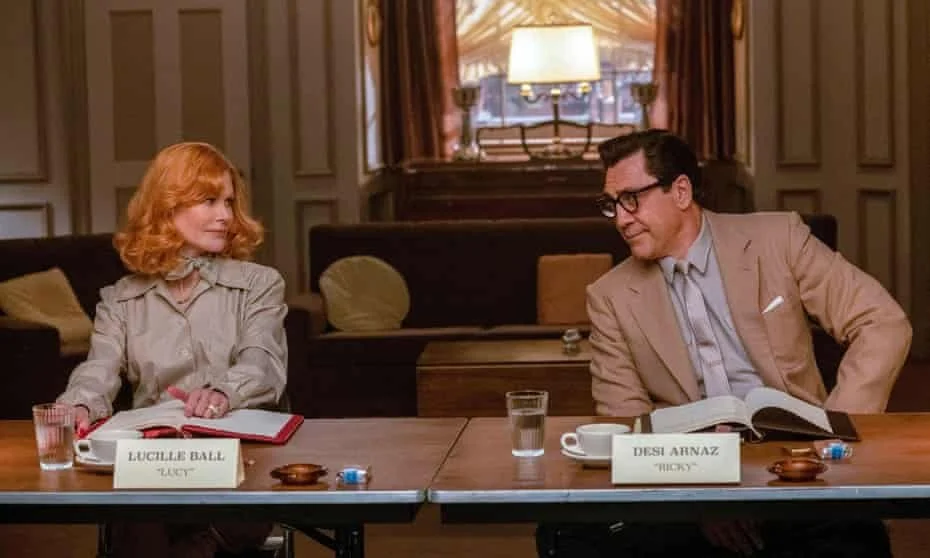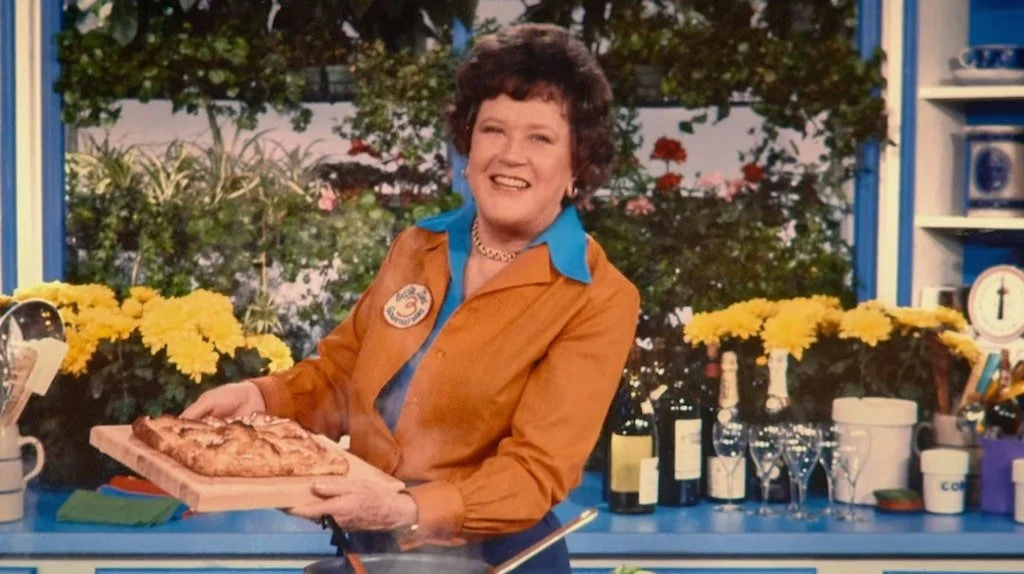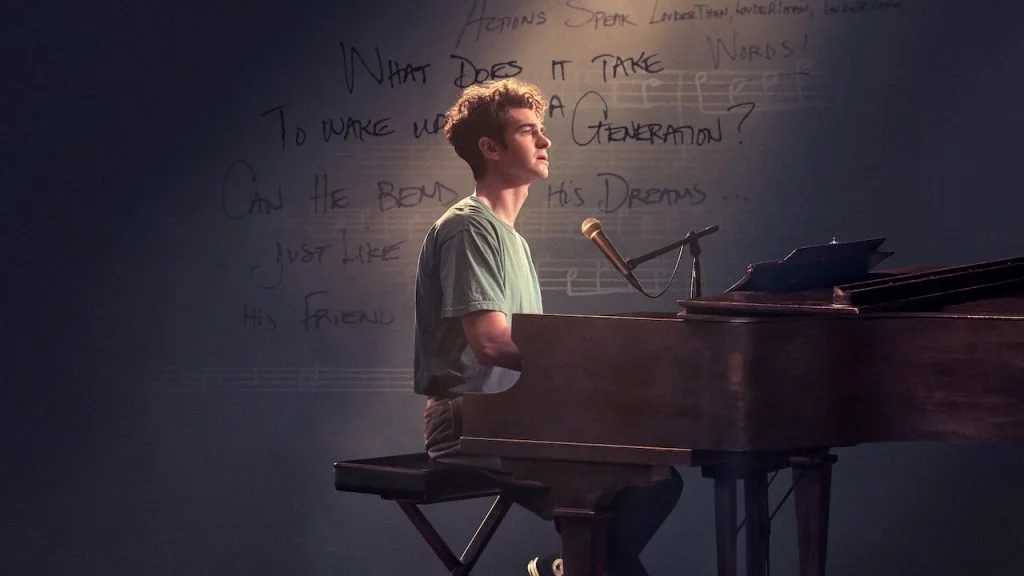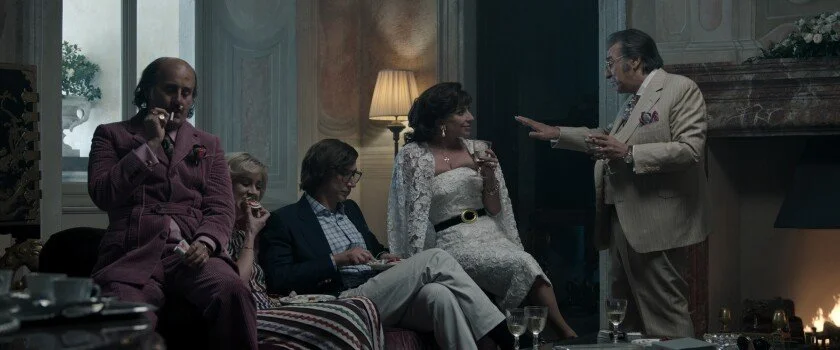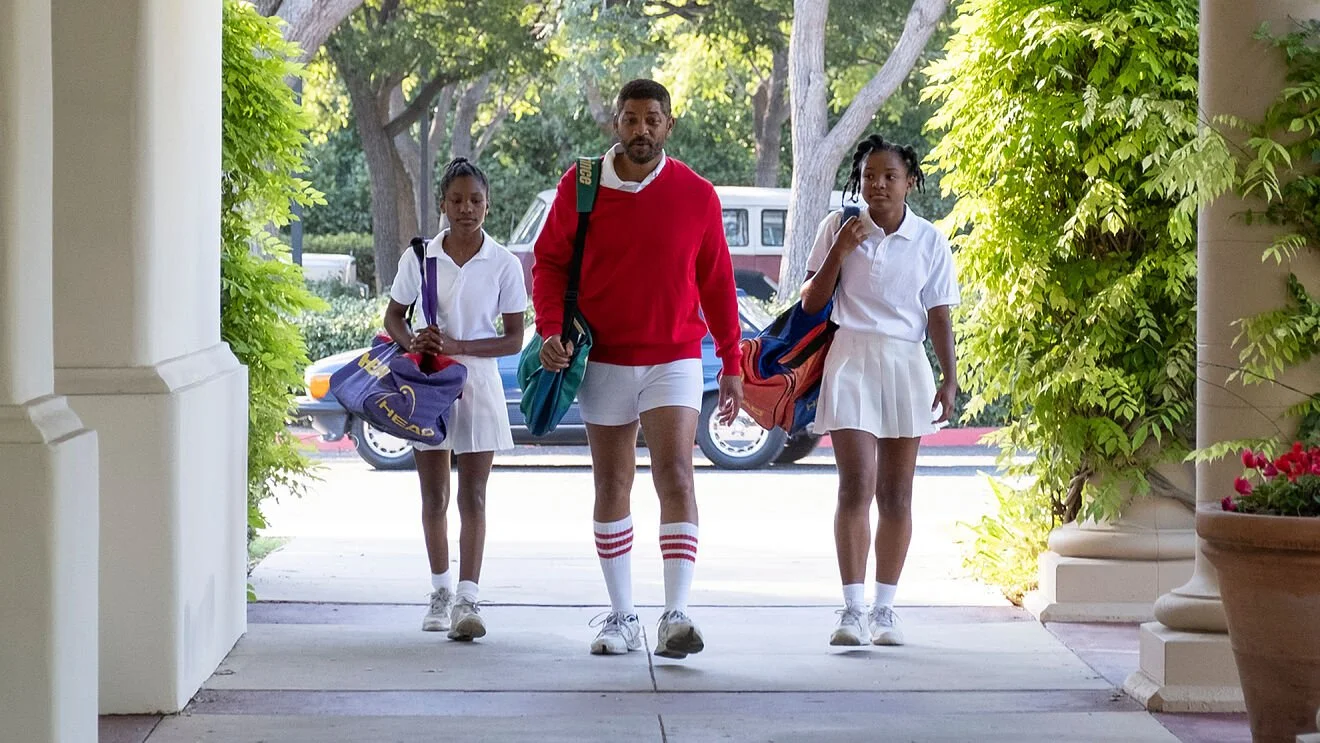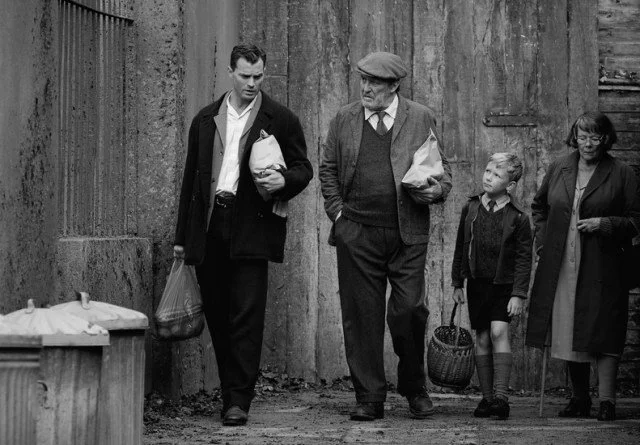BEING THE RICARDOS
Directing: B+
Acting: B+
Writing: B+
Cinematography: B
Editing: A-
There’s a lot of reasons to be skeptical of Being the Ricardos, and yet writer-director Aaron Sorkin systematically proves all of them unnecessary. To varying degrees, it’s a pleasant surprise on all fronts.
I suppose the one glaring exception, upon reflection, would be its climactic moment, which is rife with cliché—the very same thing that happened in Sorkin’s much-discussed movie from last year, The Trial of the Chicago 7. On the other hand, at least in Being the Ricardos, the huge audience applause we get at the end of the movie comes from an actual audience, as it takes place on the sound stage of I Love Lucy.
Much of this movie is set on the stage of that show, in fact, offering a bit of a “how the sausage was made” vibe to the storytelling. I would not begrudge anyone who is not into that part, honestly. I happened to find it compelling. Furthermore, Sorkin uses it to narrow the focus of what otherwise might be called a “biopic,” thereby doing what I have long wished most biopics would do: it limits the scope of the life being covered.
The story Sorkin tells here is about Lucille Ball being investigated as a Communist by the House Unamerican Activities Committee, in 1953, during production of the second season of I Love Lucy. Sorkin takes us through a single week of production, and thus the production of one episode of the show. We get flashbacks here and there, mostly regarding the early stages of the relationship between Lucille Ball and Desi Arnaz, and it works.
In fact, this is one of the things that most surprises in how well it works—Aaron Sorkin is usually so distinctive, you can recognize his dialogue in seconds. I found myself thinking about how, if I did not know this was written by Sorkin, I would never have guessed it. I tend to love his writing, actually, but this is still a benefit to the movie. The writing is still very good—in fact, it’s more natural and less stylized, even as it is recognizably polished. It just doesn’t veer into Sorkin’s characteristic territory of “over-polished.” Quick aside, I found myself amused maybe halfway through the movie, as it occurred to me I had not seen one of Sorkin’s infamous “walk and talk” scenes. Minutes later, there was a “walk and talk.” Just the one, though. It felt almost knowing in its inclusion. Is Sorkin trolling us now?
As for casting, it must be said that the greatest skepticism of this production has long been the idea of Nicole Kidman playing Lucille Ball. It just sounded like such a misguided idea, but the finished film illustrates how great talent should never be underestimated. Maybe wait until the finished product is before us before judging, because Kidman is excellent in this role, easily the best thing in the movie. As for Javier Bardem in the role of Desi Arnaz, there has been controversy regarding this, as Bardem is from Spain, thus of European descent, and his being a Spanish speaker notwithstanding, it’s actually not far removed from the history of casting white people in Latino roles. This is certainly a valid point, but, given that I am neither Latino, Hispanic, nor Spanish myself, I’ll leave this one for them to sort out—except to say that, while Barden is an undeniably great actor, it would not have been difficult to find a Latino actor just as talented.
To be fair, Sorkin also could have cast another actor just as talented as Nicole Kidman to play the role of Lucille Ball. But, this is the movie we’ve got, and the two leads are very good in their roles. But, especially Kidman. Still, the Bardem casting puts at least a mild but undeniable funk on the reception of the film. We also get J.K. Simmons as William Frawley and Nina Arianda as Vivian Vance, the actors who played Fred and Ethel, and they are both excellent as well. As is usual for Sorkin movies, it’s largely an ensemble piece—albeit one where everyone revolves around Lucille Ball as the central character—and the rest of the cast is filled out with a lot of relatively familiar, if not outright famous, faces.
Altogether, Being the Ricardos is a riveting journey through a week in the lives of some of the most famous people the U.S. has ever seen (they make it a note to point out that I Love Lucy used to get sixty million viewers; the most successful broadcast television shows today get a fraction of that). Sorken effectively humanizes them, as well as everyone around them, and even when the typical score crescendo occurs in a transparent bid to manipulate our emotions, I am powerless to it. This movie doesn’t break any new ground, but I thoroughly enjoyed it anyway; anyone with an interest in Lucille Ball’s story is bound to as well.
For some of us anyway, it exceeds all expectations.
Overall: B+

